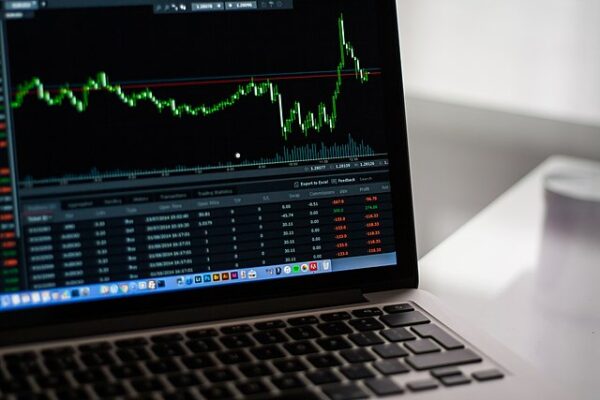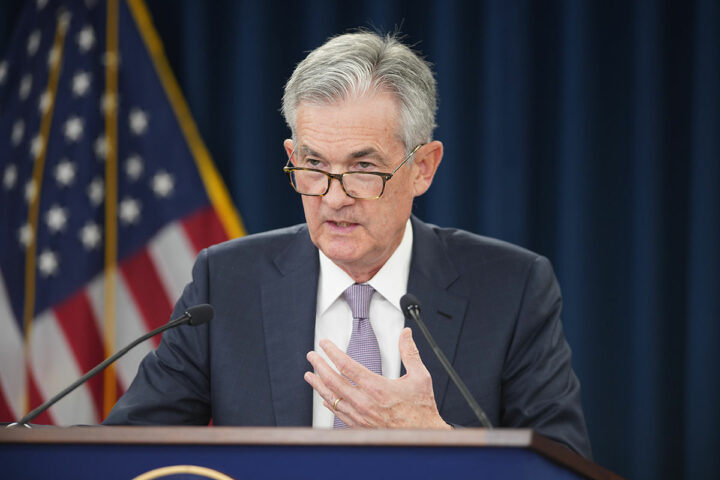The week of March 31 to April 5, 2025, will go down as one of the most chaotic in recent memory for Newsmax Inc. (NMAX), the conservative cable news network that made its highly anticipated debut on the New York Stock Exchange. What began as a modest initial public offering (IPO) quickly morphed into a speculative frenzy, followed by a dramatic crash, encapsulating the volatility that has come to define certain corners of the modern market. Newsmax’s stock performance this week offers a stark illustration of the power of retail investor enthusiasm, the perils of meme-stock dynamics, and the harsh realities of underlying fundamentals.
On Monday, March 31, Newsmax launched its IPO, raising $75 million by selling 7.5 million Class B shares at $10 each. The stock opened at $14 and quickly caught fire, soaring more than 700% to close at $83.51 by day’s end. Trading was halted a dozen times due to extreme volatility, a sign of the intense interest from retail investors piling in via platforms like Fidelity and Stocktwits. By Tuesday, the momentum peaked with a staggering 2,230% surge from its IPO price, hitting an intraday high of $265 and closing at $233. This briefly valued Newsmax at over $28 billion, surpassing even Fox Corp., the parent of its rival Fox News—a remarkable feat for a company that reported a $72 million loss on $171 million in revenue for 2024.
The rally bore all the hallmarks of a meme stock. With only a small float of shares available—roughly 6% of the company—demand far outstripped supply, driving prices to dizzying heights. CEO Christopher Ruddy, whose 30.6% stake in Class B shares made him a paper billionaire, fueled the narrative, telling CNBC that Newsmax was a “growth stock” poised to capitalize on its conservative audience and expanding digital ventures. Investors, many drawn by the network’s alignment with President Donald Trump’s second term, saw it as a chance to back a politically charged brand in a polarized media landscape.
But the euphoria was short-lived. On Wednesday, April 2, the stock plummeted 77%, closing at $52.71 after shedding $23 billion in market value in a single day. The crash erased most of Tuesday’s gains, leaving latecomers nursing steep losses. Analysts pointed to profit-taking by early investors and a sobering reassessment of Newsmax’s financials—negative profitability, a $64 million trailing net loss, and a looming $1.6 billion defamation lawsuit from Dominion Voting Systems—as triggers for the selloff. The stock’s price-to-sales ratio, which had ballooned to an astronomical 63.9 at its peak (compared to the S&P 500’s average of 2.9), underscored the disconnect between hype and reality.
Thursday and Friday saw continued turbulence, with shares settling around $62 by April 3 before dipping further amid a broader market rout tied to Trump’s tariff announcements. Despite the decline, Newsmax’s valuation remained lofty compared to peers like The New York Times or Nexstar Media, raising questions about its sustainability. Some market watchers likened the trajectory to Trump Media & Technology Group (DJT), another politically charged stock that has swung wildly since its debut.
Newsmax’s wild week reflects a broader trend of speculative trading fueled by retail enthusiasm and low-float IPOs. For Ruddy and early investors, the IPO delivered a windfall, but for many chasing the rally, it was a harsh lesson in volatility. As the dust settles, the stock’s fate may hinge on whether Newsmax can translate its capital infusion into tangible growth—or if it remains a cautionary tale of market exuberance.









